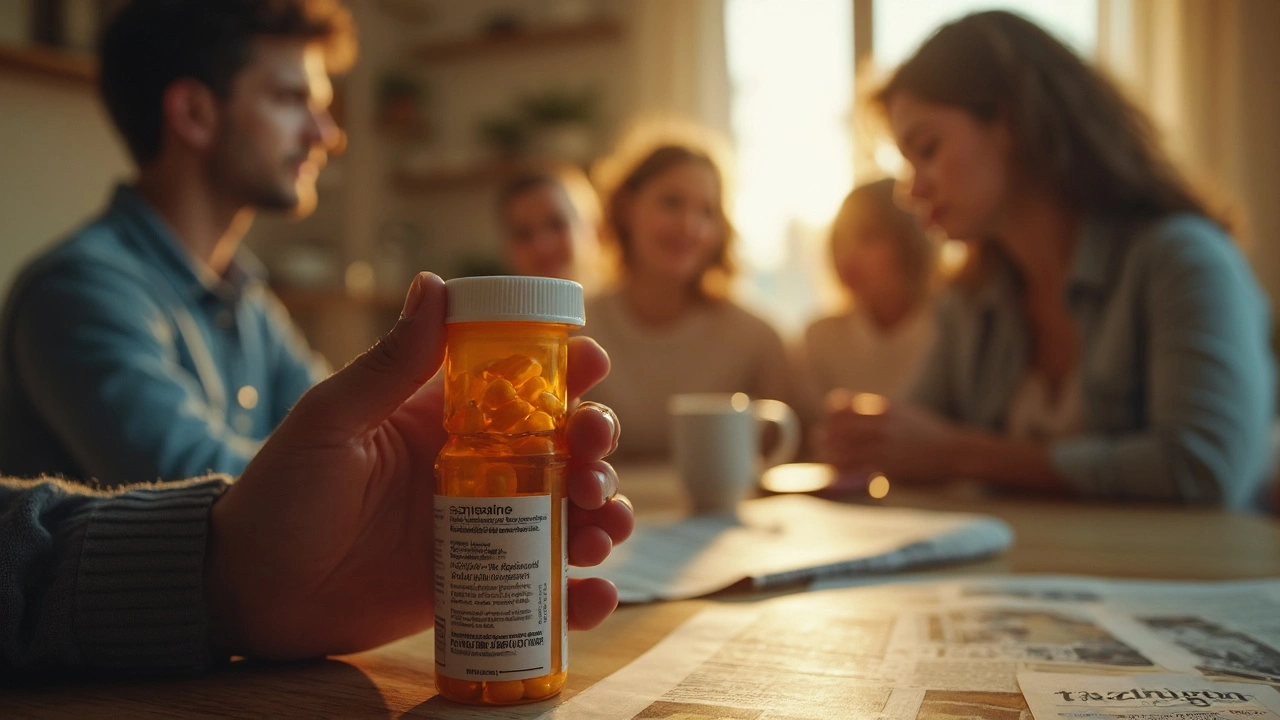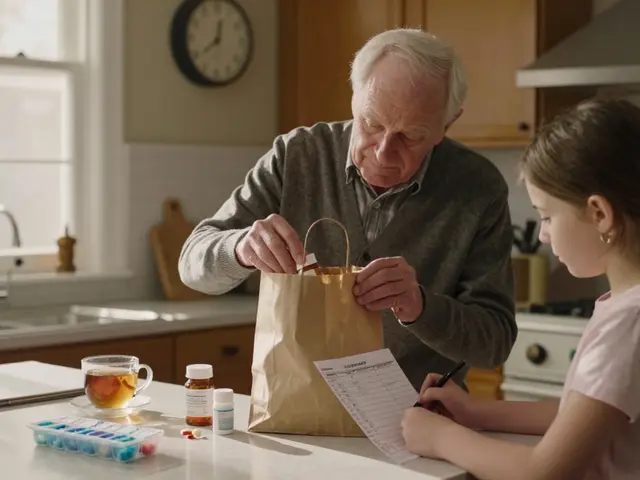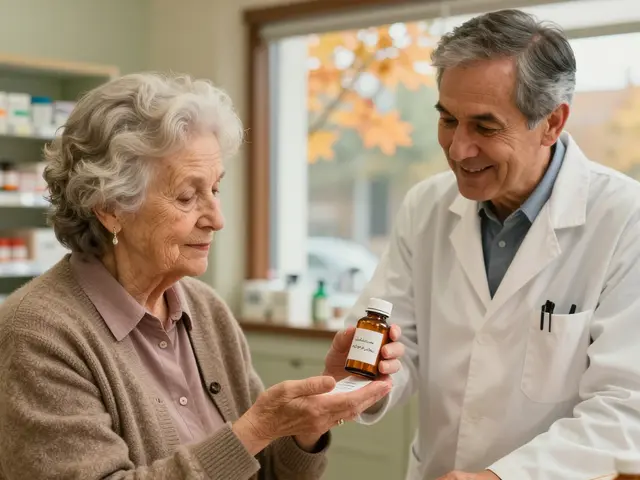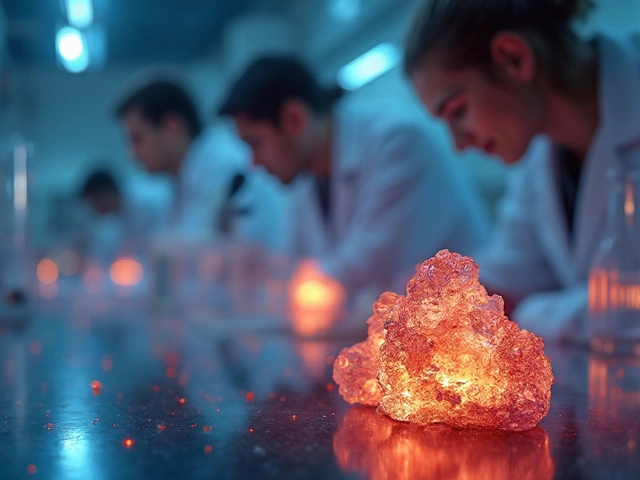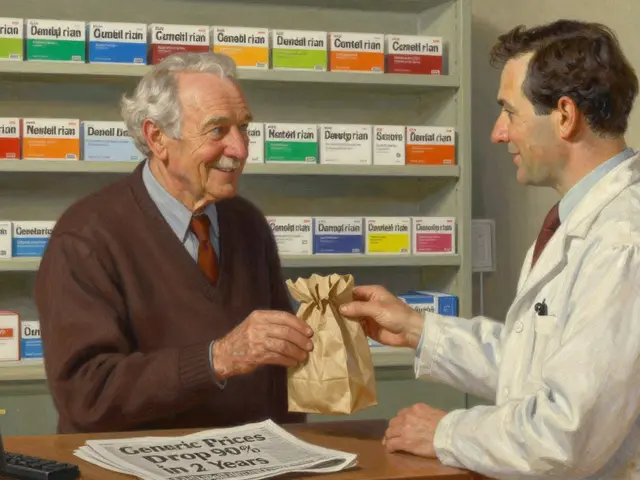Understanding NDMA and Its Impact on Your Medications
If you've heard about NDMA popping up in news about medicine recalls, you're not alone. NDMA stands for N-Nitrosodimethylamine, a chemical impurity that can be found unintentionally in some pharmaceuticals. It’s important because this compound is classified as a probable human carcinogen, meaning long-term exposure could increase cancer risk. But what exactly does this mean for you when you're taking medication or buying drugs online?
Many popular drugs, including heart medications and blood pressure pills, have faced recalls due to NDMA contamination. For example, valsartan and ranitidine were some widely used products that made headlines. This has raised a lot of questions: How does NDMA get into these medicines? Can I still take my prescribed drugs safely? What precautions should I take when buying medicine?
How NDMA Enters Pharmaceuticals and Why it Matters
NDMA typically sneaks into drugs during the manufacturing process due to contamination or chemical reactions under certain conditions. It’s not added intentionally but can occur if manufacturers don’t strictly control raw materials and production steps. The presence of NDMA has prompted regulatory agencies worldwide to monitor and test drugs closely, pulling products with unsafe levels off the market.
For patients, that means it's vital to stay updated on any recall notices and talk to your doctor about alternatives if your medication is flagged. Don't stop taking your medicine suddenly without medical advice, as untreated conditions often pose more immediate risks than potential NDMA exposure. Your healthcare provider can guide you on safe options and possibly suggest replacements if needed.
Tips for Buying Medications Safely in the NDMA Era
When shopping for medicines, whether online or in person, trust is key. Use reputable pharmacies that adhere to regulatory standards and have clear quality control. Always check for current recalls on drugs you use and review alerts from official sources like the FDA or equivalent authorities in your country.
Be cautious of suspiciously cheap offers or unverified websites—scams and unsafe products are more likely to carry risks, including contamination. If you’re buying online, look for pharmacies requiring prescriptions and displaying secure certification seals. And when in doubt, consult healthcare professionals rather than self-medicating.
Knowing about NDMA and its risks can help you make smarter choices about your medications. Stay informed, stay aware of recalls, and partner with your doctor to keep your treatments safe and effective. That way, you can focus on feeling better without worry about hidden dangers in your drugs.
Zantac: What You Need to Know About This Heartburn Drug and Its Health Risks
Zantac, once a popular remedy for heartburn, became the center of controversy after safety concerns. This article unpacks what Zantac is, why it was pulled from shelves, and what alternatives are safe. Get clear answers about the science behind the recall and what steps you should take if you used this medication.
Read
